
The traditional Vladimir Herzog Award disqualified one of the photography finalists after a complaint from an indigenous organization, which claimed that the image was not authorized. The journalist defended his work and said he showed human rights of indigenous peoples were being violated.

In a decision that defenders of the freedoms of the press and expression have not hesitated to classify as a violation of these rights, the Colombian Attorney General's Office announced it has an open investigation against journalist Diana Díaz Soto and that on Nov. 18, it would charge her for the crime of "use of […]
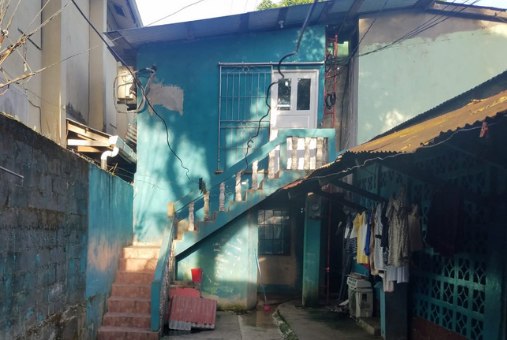
La Costeñísima is an example of how the independent press tries to survive in the country in the face of persecution by President Daniel Ortega's authoritarian regime
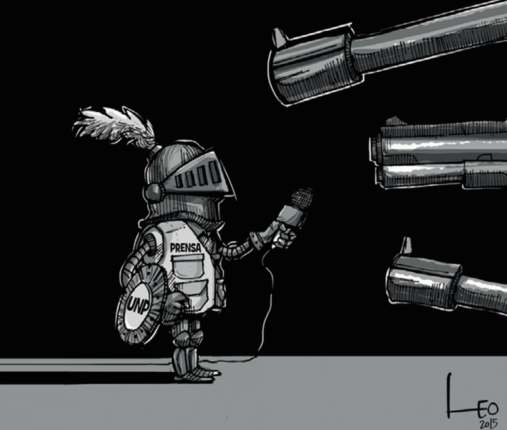
The information provided by Rutas del Conflicto and La Paz en el Terreno to institutions created to narrate and judge the crimes of the Colombian armed conflict demonstrated the role journalism has in the contexts of violence and construction of memory.

On Sept. 16, Natalia Zuccolillo, the director of the Paraguayan newspaper ABC Color, and journalist Juan Carlos Lezcano will go to trial and could be sentenced to prison and pay a $1.4 million fine – a move that has alarmed organizations and press freedom advocates.
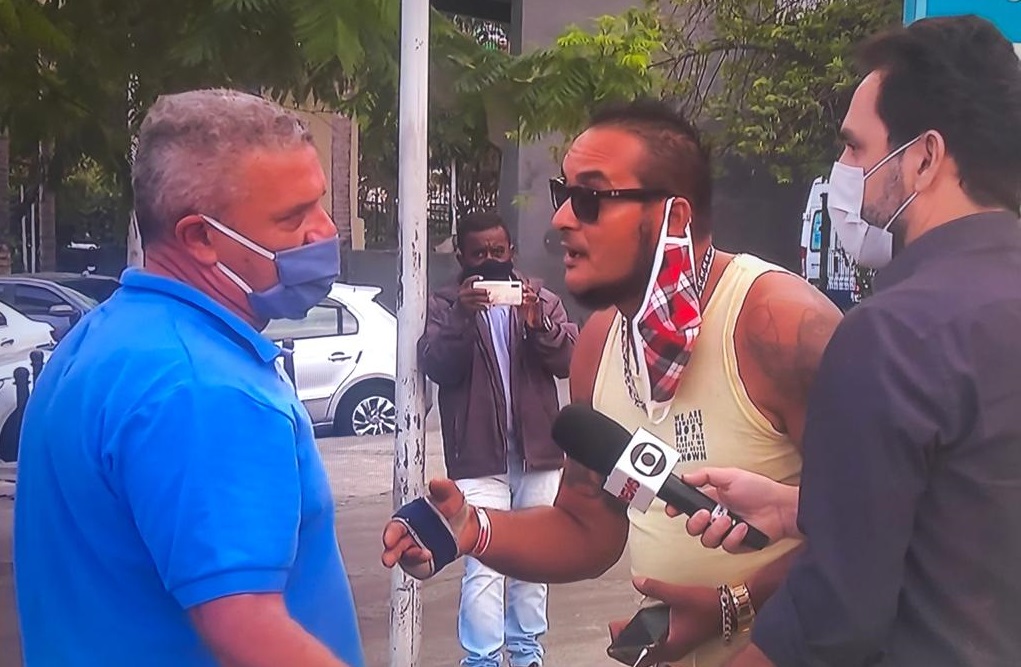
Officials of the city of Rio organize to block journalists from carrying out their work in front of health units. Organizations denounce the systematic efforts against press freedom.
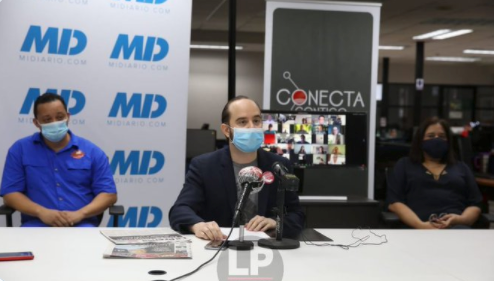
Senior management has been able to resolve temporarily the corporation's payments so that the newspapers can continue running, but this is unsustainable as time goes by if the accounts continue frozen for years while the process lasts, said Rita Vásquez, director of La Prensa.
Los directivos han logrado solventar de manera temporal los pagos de la corporación para que los periódicos continúen funcionando, pero esto será insostenible en el tiempo si las cuentas permanecen congeladas por años mientras dure este proceso, dijo la directora de La Prensa, Rita Vásquez.
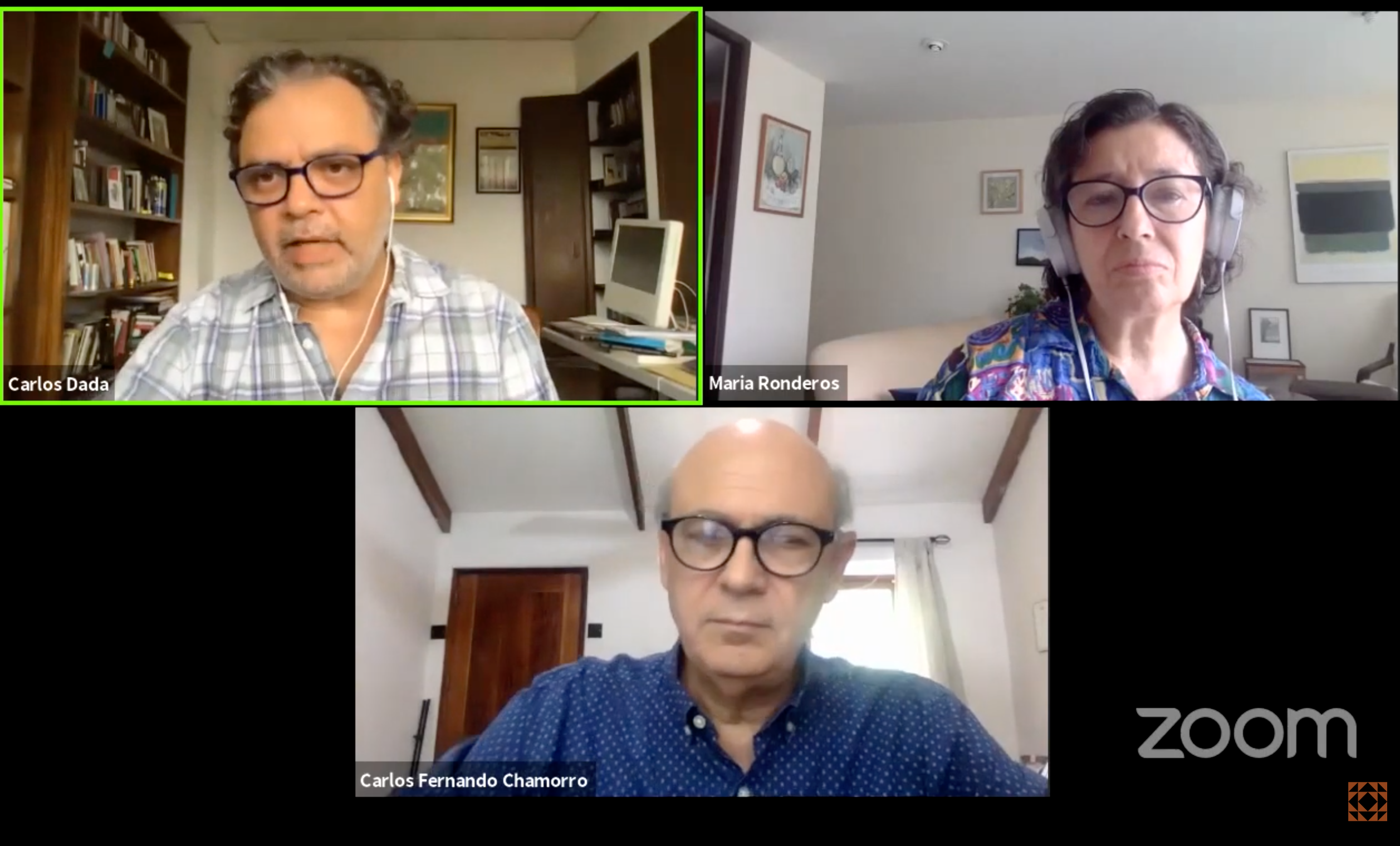
Carlos Fernando Chamorro, director of the magazine Confidencial in Nicaragua, and Carlos Dada, cofounder of El Faro in El Salvador, talked with María Teresa Ronderos, director for CLIP, about journalism in the face of hostile governments during the 13th Ibero-American Colloquium on Digital Journalism.
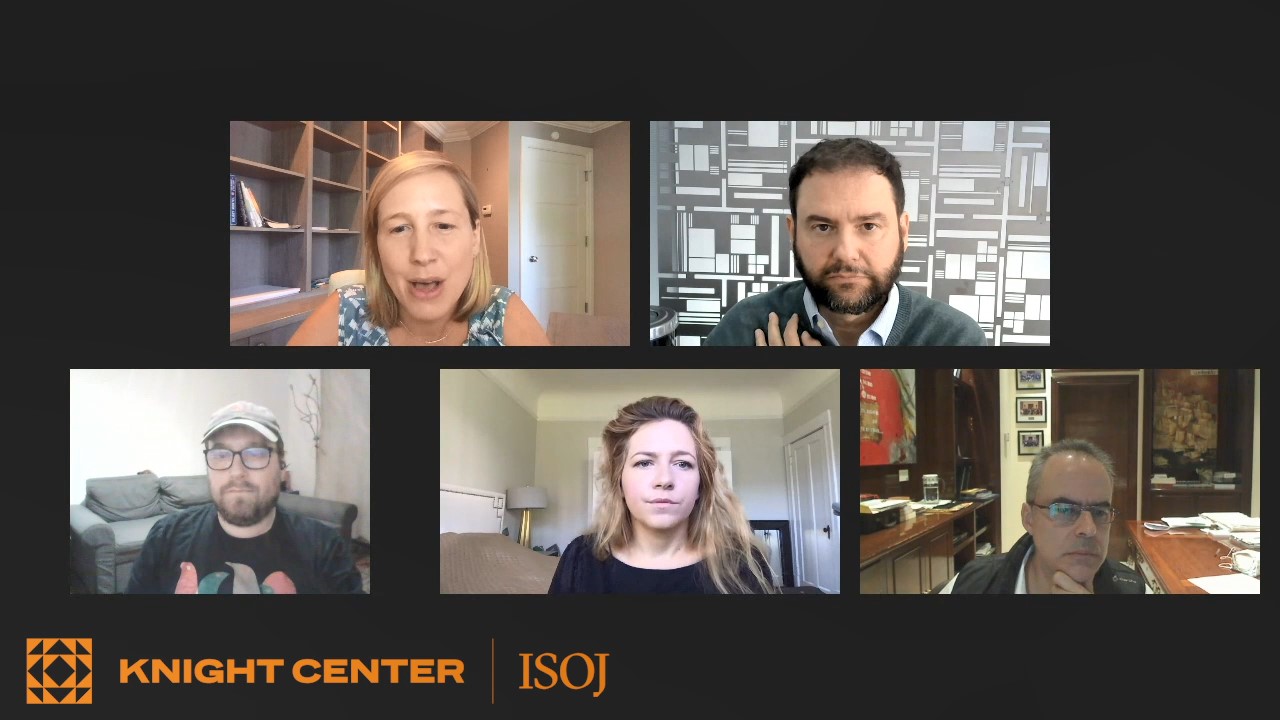
All the president’s attacks: Coping with governments that weaponize social media and campaign against independent media
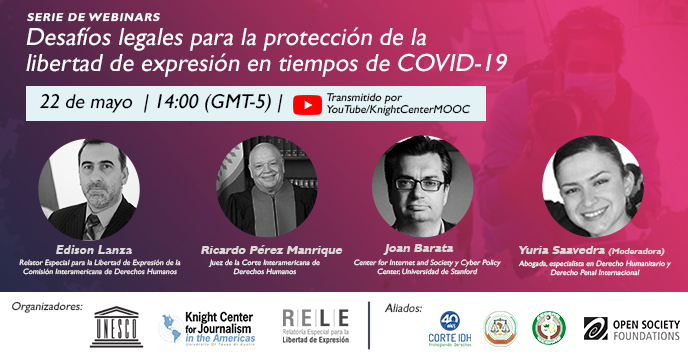
Edison Lanza, Special Rapporteur for Freedom of Expression of the IACHR; Ricardo Pérez Manrique, judge of the Inter-American Court of Human Rights; Joan Barata, Spanish expert; and Guilherme Canela, head of UNESCO's section on Freedom of Expression and Security of Journalists talked during the webinar “Legal challenges for the protection of freedom of expression in times of COVID-19.”

**This is the second post in a two-part series about Venezuelan journalists who left their country in search of work and security, and have set up journalistic initiatives abroad.